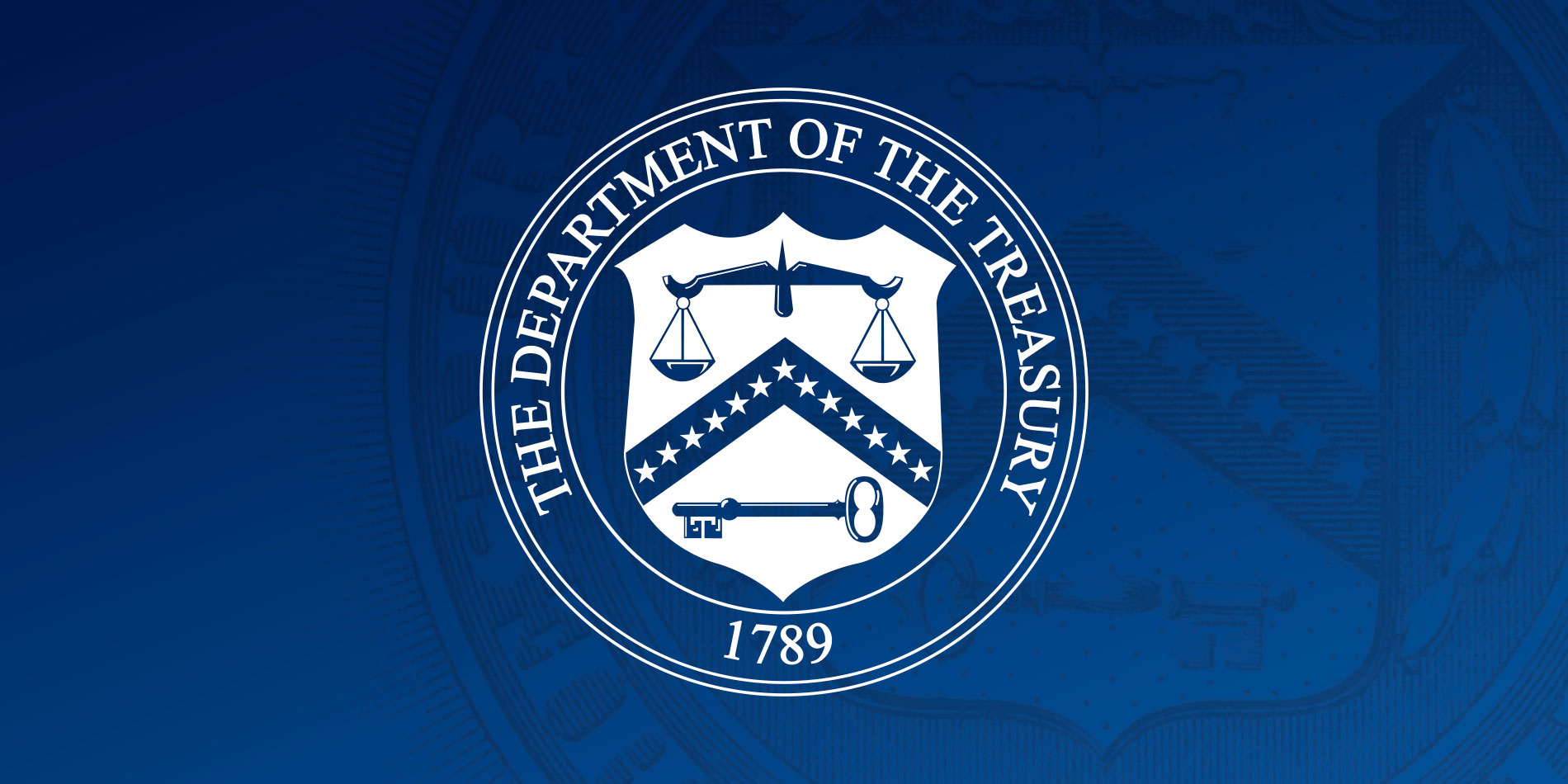The suitable to silence is a basic precept of Canadian legal legislation that protects suspects and accused individuals from being compelled to incriminate themselves. It additionally carries the correct to maintain digital system passwords secret and, because the Ontario Courtroom of Enchantment not too long ago affirmed in R. v. O’Brien, 2023 ONCA 197 (“O’Brien”), it prevents legislation enforcement from utilizing strain ways to mislead suspects into believing that they’re obliged to reveal their passwords. The choice is a rebuke of legislation enforcement’s apply of profiting from the psychological influence of raids so as to strain suspects, within the warmth of the second, into “volunteering” their passwords with out concern for his or her knowledgeable consent.
Factual Background and Trial Resolution
Mr. O’Brien and his spouse have been woke up within the morning by banging on their door. O’Brien opened the door to search out three cops outfitted with a warrant to go looking his residence and digital gadgets situated therein. Virtually instantly upon entry, the cops requested O’Brien for the passwords to his smartphone and laptop, with out informing him of his proper to refuse or the implications of his compliance. The police then accessed the password-protected smartphone and laptop the place it discovered incriminating proof towards O’Brien.
At no time did the police inform O’Brien of his rights and choices, together with his proper to depart his home throughout the search, his degree of freedom inside his home and the correct to name counsel for authorized recommendation.
At trial, it was demonstrated that “upon executing search warrants for digital gadgets, police routinely ask for passwords with out explaining that it’s pointless to conform, and with out explaining what the implications of compliance can be” (para. 11). The trial choose expressed concern in regards to the “obvious cavalier angle” of the police in acquiring passwords, and famous that this was a “critical matter” that wanted to be addressed by the police service (para. 13).
Ultimately, the trial choose excluded the proof from the smartphone, discovering that the police violated O’Brien’s proper to silence and his proper to be free from unreasonable search and seizure underneath sections 7 and eight of the Constitution of Rights and Freedoms (the “Constitution”). Nevertheless, she refused to exclude the proof discovered on the pc, accepting the police testimony that the password used to entry the pc was additionally discovered on a bit of paper already in entrance of the pc when the police arrived. Because of this, the pc knowledge was admitted into proof, together with knowledge discovered on a USB thumb drive (not password-protected) and images, and O’Brien was discovered responsible of cybercrimes.
Appellate Rebuke of a Systemic Constitution Violating Apply
The Ontario Courtroom of Enchantment disagreed with the trial choose’s conclusions on the admissibility of the pc proof. It held that the provision of different modes of discovering the proof didn’t have an effect on the seriousness of the police misconduct, which the Courtroom described as “deliberate”, “systemic” and “willful”. The intentional and systemic nature of the apply located the Constitution breach “on the most critical finish of the spectrum” (para. 36).
To cite from excerpts of the appellate determination:
[26] On this case, the trial choose made sturdy findings about what can solely be characterised as a deliberate sample of systemic misconduct by the cybercrime officers concerned in Mr. O’Brien’s investigation. As I’ve indicated, the trial choose discovered that the officers concerned within the search understood the heightened expectation of privateness in digital gadgets and in passwords for such gadgets, but routinely requested for passwords whereas performing underneath the obligatory authority of search warrants, with out concern for the validity of the consent they have been searching for. Not surprisingly, given this discovering, the trial choose expressed concern in regards to the “obvious cavalier angle” of the police in acquiring passwords and famous that this “is a critical matter which must be addressed by the police service.” […]
[28] The enchantment Crown sought to defend the trial choose’s characterization of the seriousness of the s. 8 breach as minimal by noting that the police didn’t want the password to entry the Dell laptop, thereby decreasing the seriousness of the privateness breach. Even when this was her considering, it was in error. The truth that proof was discoverable with out a breach is related and probably essential to the second Grant issue – the influence of the breach on the Constitution‑protected pursuits of the accused – however has nothing to do with the seriousness of the police misconduct. The seriousness of the breach is an analysis of the mode that was used for the aim of buying the proof, a consideration totally unaffected by the provision of different modes of discovering the proof. Furthermore, it’s illogical to assume that discoverability within the immediate case in some way lessens the seriousness of a systemiccourse of Constitution violations over a number of circumstances. […]
[50] The first influence of the s. 10(b) breach, nonetheless, arises from the truth that Mr. O’Brien was conscripted to help within the investigation towards him by offering his passwords, with out having had an inexpensive alternative to seek the advice of counsel. As I’ve defined, the police wished the password as a way of having access to incriminating info. By asking Mr. O’Brien to offer that password they have been searching for self-incriminating info from him. The indignity of being conscripted to help in a single’s personal incrimination on this approach, in violation of s. 10(b) of the Constitution, just isn’t an insignificant deprivation of Mr. O’Brien’s Constitution-protected pursuits, even within the absence of a causal connection between that breach and the proof sought to be admitted.
Because of this, the Courtroom excluded the pc knowledge from the proof, put aside the conviction and ordered a brand new trial.
Key Takeaways
O’Brien marks an essential growth within the legislation of digital search and seizure. It has been understood, at the very least because the Québec Courtroom of Enchantment’s determination in R. v. Boudreau-Fontaine, 2010 QCCA 1108, that search warrants can not order a suspect to reveal their digital system passwords to legislation enforcement. O’Brien goes additional and bars legislation enforcement from profiting from the psychological influence of police raids to induce suspects to reveal their passwords. In doing so, the choice acknowledges that the inherently coercive nature of police raids might diminish and even nullify the voluntariness of incriminating disclosures throughout warrant execution. Because the Supreme Courtroom of Canada acknowledged in R. v. Lafrance, 2022 SCC 32, referred to in O’Brien: “[i]n the warmth of the second, it’s not all the time simple for extraordinary residents, who could also be uninformed of their rights or the scope of the police’s powers, to know whether or not they have a option to adjust to a request by the police” (para. 21).
It have to be famous that O’Brien was determined within the context of a search warrant executed towards a person suspect. Different concerns might apply the place the goal is a company, particularly the place the search warrant orders the IT division to help legislation enforcement in accessing laptop programs.
* Drafted with the help of AI.
Case Data
R. v. O’Brien, 2023 ONCA 197
Courtroom File No: C69988
Date of Resolution: March 22, 2023





